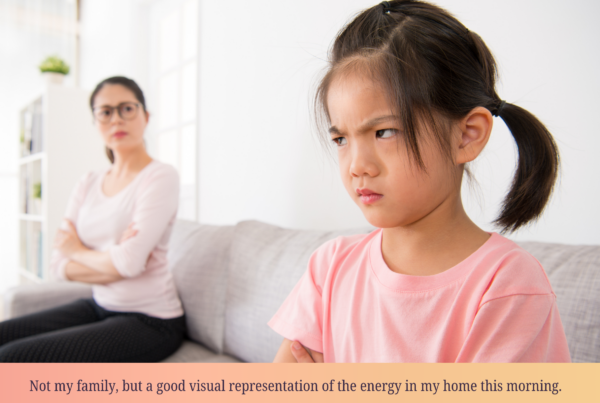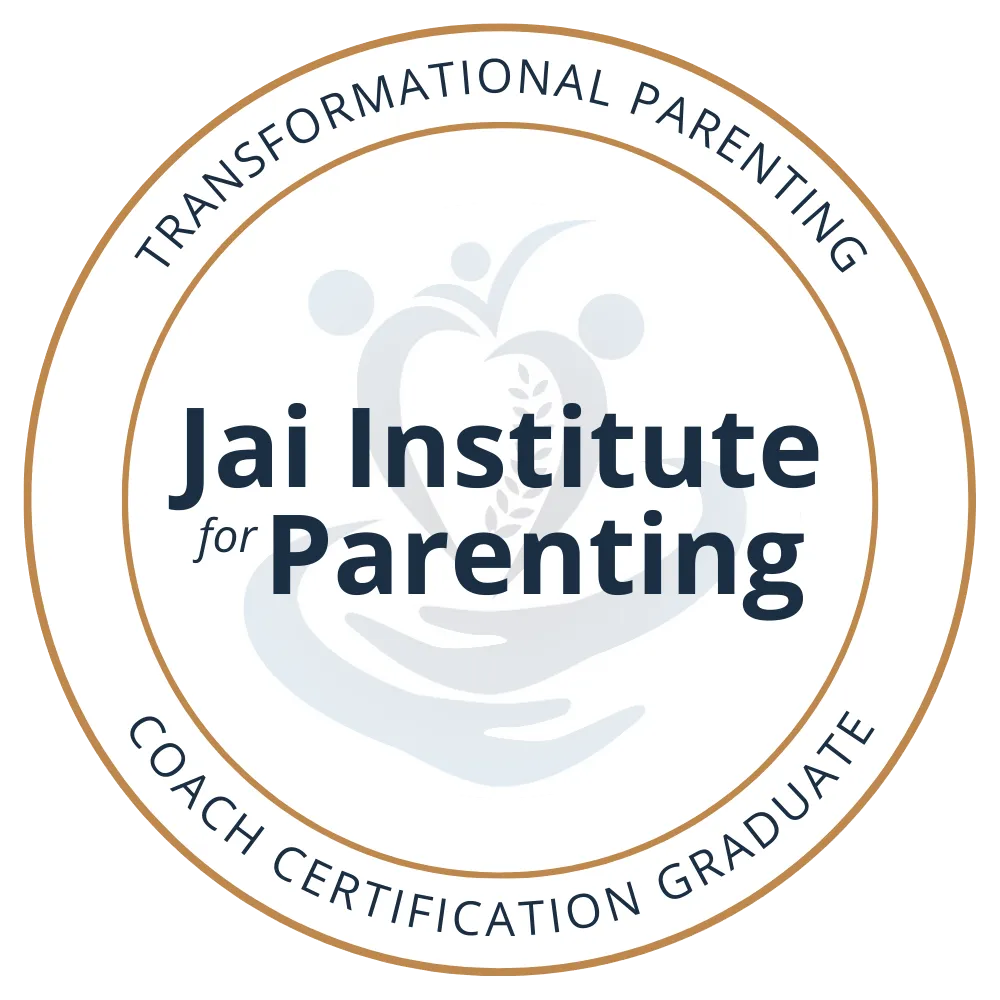The Wall Street Journal recently ran an article titled, “Goodbye Gentle Parenting, Hello F— Around and Find Out.” (That’s FAFO for short.) The idea is that parents are choosing to “out-feral their feral” instead of taking a gentler approach. But really, has anyone ever “out-feraled” a feral cat? No. You’d only lose its trust. The same happens with kids: go feral, lose trust.
The article begins with a child spraying a parent with a water gun after being told not to. Does that really call for going feral? Or could the boundary simply be enforced by taking away the water gun or leaving?
So the question is, what is the real reason that FAFO trending while gentle parenting is on the way out?
Gentle parenting isn’t failing on its own merits. It’s failing because parents are mistaking permissiveness for gentleness. They are failing to hold boundaries in a calm, yet firm manner, resulting in either their kids walking all over them, or the parent “going feral” because they are tired of having their boundaries crossed. FAFO parenting is the natural backlash to permissive parenting. Note that I said permissive- not gentle.
Parents are burnt out, exhausted, and their nervous systems can’t take it anymore! So FAFO parenting certainly has its appeal. But is it healthy? What are the long-term effects not just on your child, but on society as a whole?
FAFO parenting is the natural backlash to permissive (not gentle) parenting. Both are harmful. They are a stark polarity- we need to operate from the center.

Here’s my take on this- FAFO parenting isn’t new. It is authoritarian parenting in disguise. Authoritarian parenting can look effective on the outside because the child is compliant. But the downsides have been well documented- compliance comes at the cost of trust, emotional safety, and long-term resilience.
FAFO parenting is power over parenting- choosing control, fear and domination over the relationship. Permissive parenting (often mistaken for gentle parenting) is power under- choosing to placate your child in lieu of holding your own boundaries. Neither of these are healthy. In fact, permissive parents often oscillate back and forth into authoritarian parenting because after a while of not holding boundaries, they get resentful and angry. And then what happens? The parent explodes.
Why is FAFO Parenting so appealing despite the known harm?
Why is this parenting style trending if it’s so harmful? Frankly, I believe it’s because we, as a society, want control back. During the pandemic, we all felt a loss of control, and a loss of freedom. This time was also immensely stressful to parents. Our nervous systems took major hits; I personally felt the effects for several years after we returned to “normal”. But beyond that, we see these sorts of pendulum swings in all areas of life. Politically, the balance of power swings left to right. Stock markets swing from Bullish to Bearish. And right now, people want control back.
I will forever maintain, though, that true growth and power comes from being aligned from the center. Not from claiming power and control at the expense of the heart. And not from being so soft and loving that we fail to protect ourselves. It’s really about balance.
Parents are moving from one end to the other instead of finding that sweet spot in the middle- authoritative parenting.

I call my type of parenting “conscious parenting”. I don’t always feel “gentle,” but I’m firm, self-aware, and willing to repair when I get it wrong. Conscious parents know kids will cross boundaries, but they teach respect for boundaries through kindness, patience, and consistency, rather than through fear. This authoritative parenting, and is the gold standard. It’s also the hardest path to walk, requiring deep inner work for a strong emotional foundation.
And let’s be honest: exploding at your kid is the easy way out. So is giving in to avoid a tantrum. What’s hard is regulating yourself, calmly holding firm boundaries, and teaching through modeling. When you are exhausted, and/or without the resources to get the help you need, walking this harder path can seem impossible at times.
But here’s the good news. The hard work you put in today pays out huge dividends in the long run.

Even small changes can bring more calm. You’ll de-escalate tensions more easily, and your child will learn to respect firm, consistent boundaries. Not only this, but you will grow as a person, who has healed some wounds and learned to start responding instead of emotionally reacting. Your relationship with your child will deepen. Ultimately you will have a bond where your child knows you are a safe place. You are safe emotionally and you keep them safe physically. They will know they can trust you to catch them when they fall. They will know how to handle their emotions because you let them experience frustration, sadness, disappointment and anger without judgment, and without taking their pain away. They will be strong and secure because you, the parent, modeled it.
Kids need to be taught to honor boundaries. They need to be taught consequences. And it doesn’t need to be “feral” or scary for it to happen. They need firm but kind (and emotionally stable) parents. This allows kids to make mistakes, which they will inevitably do, and still feel loved and supported by their parents. It is emotionally safe and secure.
FAFO parenting, by contrast, models loss of self-control. It shows kids it’s normal to lash out instead of calmly enforcing limits. That’s not the legacy most of us want.
Children don’t have the brain development to always make good choices. They will “F around.” Our job is to guide and correct with wisdom and calm. Co-regulation matters: kids learn best when they feel safe, not when they’re in distress. Feral parenting will only widen the gap. Sure, it may feel good in the moment but it will come with a price.
So stay wise and compassionate. Stay heart-centered. Raise respectful and kind humans.
Be good to yourselves, be good to each other.—Cinnamon Cooney.






